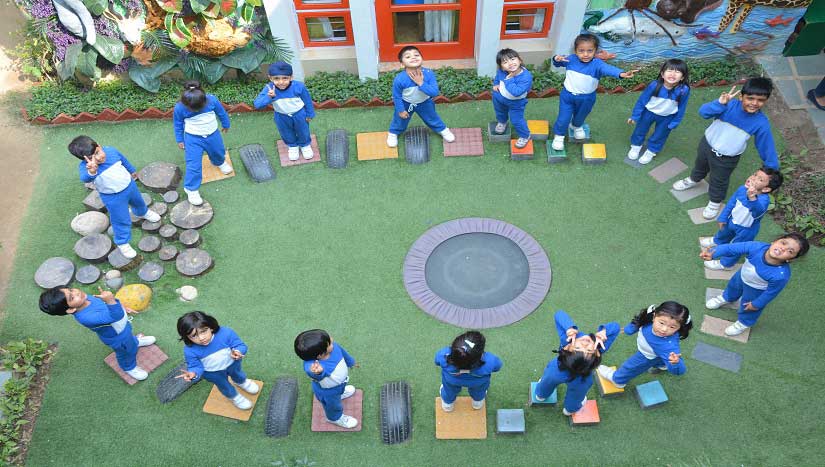
Studies indicate that parents of youth are more concerned with their achievement or happiness than whether they care for others.
So how does empathy and social awareness figure in parental expectations? The result is indeed telling: interviewees almost three times more likely to agree that “My parents are prouder if I get good grades in my classes than if I’m a caring community member in class and school.”
Here’s what we do need to do as parents whether we have a 2 year old or a teenager
Make ‘caring’ for others a priority
Children need to learn to balance their needs with the needs of others, whether it’s passing the ball to a teammate or deciding to stand up for a friend who is being bullied. Thus, before your kid quit the sports team, band, or a friendship, ask them to consider their obligations to the group or the friend Instead of saying to your child: “The most important thing is that you’re happy,” say “The most important thing is that you’re kind.” Emphasize caring when you interact with other key adults in your children’s lives. For example, ask teachers whether your children are good community members at school.
Provide opportunities for children to practice caring and gratitude.
Learning to be caring is like learning to play a sport. Practice is the only way! At the same time, don’t reward your child for every act of helpfulness. Acts such as clearing the dinner table is a routine every child should be trained in! Only reward uncommon acts of kindness. Talk to your child about caring and uncaring acts they see on television and about acts of justice and injustice they might witness or hear about in the news.
Expand your child’s circle of concern for others and the environment
Almost all children care about a small circle of their families and friends. Our challenge is help our children learn to care about someone outside that circle, such as the new kid in class, someone who doesn’t speak their language, the school custodian, or someone who lives in a distant country. Make sure your children are friendly and grateful with all the people in their daily lives, including the bus driver or a waitress. Encourage children to care for those who are vulnerable. Give children some simple ideas for stepping into the “caring and courage zone,” like comforting a classmate who was teased. Use a newspaper or TV story to encourage your child to think about hardships faced by children in another country.
Be a strong moral role model and mentor
Children learn values by thinking through ethical dilemmas with adults, e.g. “Should I invite a new neighbor to my birthday party when my best friend doesn’t like her?”
Being a moral role model and mentor means that we need to practice honesty, fairness, and caring ourselves. But it doesn’t mean being perfect all the time. For our children to respect and trust us, we need to acknowledge our mistakes and flaws so they get to learn that it’s ok to be wrong and mistakes need to be admitted and not covered up. Model caring for others by doing community service at least once a month. Even better, do this service with your child. Give your child an ethical dilemma at dinner or ask your child about dilemmas they’ve faced.










